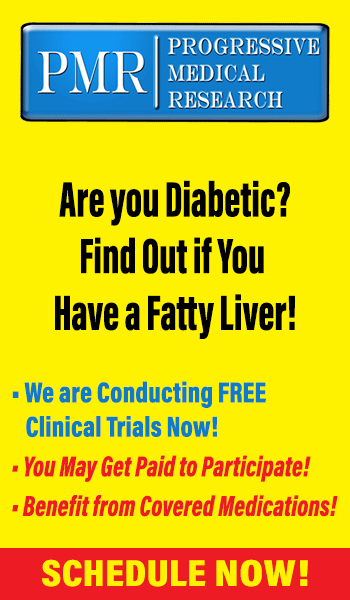News Archives
Florida Department of Highway Safety and Motor Vehicle Reminds You to Take a Break, Don’t Drive Drowsy.
Written by Kristen Schmutz
Belden Communications News
The Florida Department of Highway Safety and Motor Vehicles (FLHSMV) is leading the Drowsy Driving Prevention Week campaign to remind motorists to get adequate rest before getting behind the wheel, take breaks to remain alert, and never drive drowsy.
Partnering with the Florida Department of Transportation, Florida Sheriffs Association, Florida Police Chiefs Association, Florida Trucking Association, and AAA - The Auto Club Group to recognize September 1-7, 2020, as Drowsy Driving Prevention Week.
According to a statewide release, “Getting adequate rest before getting behind the wheel is the best way to drive safely,” said FLHSMV Executive Director, Terry L. Rhodes. “Drowsy Driving Prevention Week is a sobering reminder that falling asleep at the wheel has deadly consequences and is preventable. We urge all motorists to take responsibility and never drive drowsy.”
Throughout the campaign, FLHSMV will be urging drivers to safely pull off the road and take a break if they are having difficulty focusing, yawning repeatedly, or drifting into other lanes. Fatigue slows thought processes and reaction time, affects judgment and vision, impairs the senses and abilities, and can cause micro-sleeping (“nodding off”) or falling completely asleep, making it very dangerous to drive. In 2019, there were 3,700 drowsy driving crashes in Florida, which resulted in 224 injuries and 12 fatalities.
FLHSMV urges all drivers to be fully alert when operating a motor vehicle. Commercial motor vehicle drivers are required by federal and state law to adhere to hours-of-service regulations that put limits on when and how long they may drive.
FLHSMV offers additional safety tips for all motorists to prevent drowsy driving and Arrive Alive at their destinations:
- Avoid driving at times when you would normally be asleep. Get enough rest before you drive.
- On long trips, take a break every 100 miles or two hours. Allow plenty of time to travel to your destination.
- If you start feeling tired while driving, pull over in a safe place, and take a nap if you can.
- Use the “buddy system” and switch drivers when needed.
- Read the warning information on all medications you take. Do not operate a motor vehicle after taking medications that cause drowsiness.
Visit FLHSMV’s website flhsmv.gov/drowsy for more information. Follow the campaign on social media by using the hashtag #DontDriveDrowsyFL throughout the week and to add or share drowsy driving prevention information.






